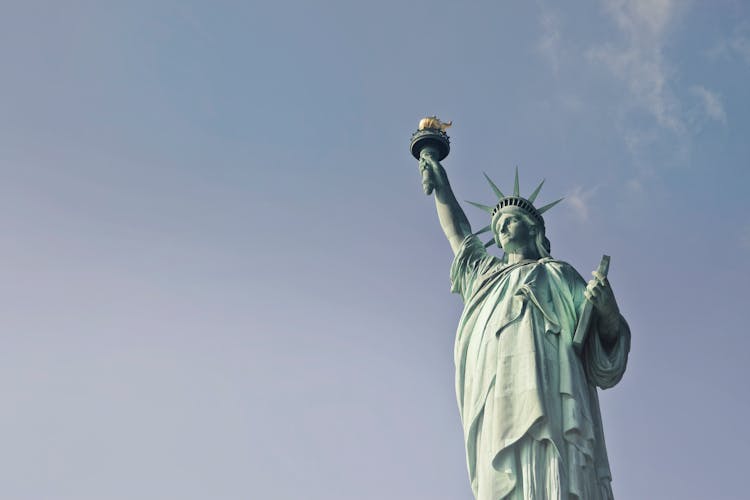All Categories
Featured
Table of Contents
Gifted by France to the United States in 1886, the Statue of Liberty stands as a universal symbol of freedom and democracy. Positioned on Liberty Island in New York Harbor, this monumental sculpture celebrates the alliance between France and the United States during the American Revolution. Beyond its towering presence, the statue is a profound reminder of the struggles and victories in human rights across the globe.
The creation of the Statue of Liberty was a colossal undertaking. Designed by Frédéric Auguste Bartholdi and built by Gustave Eiffel, the statue's copper façade was fashioned to withstand the test of time, embracing the elements in a stance of resolute determination. Over the years, the oxidation of copper gave the statue its characteristic green patina, symbolizing the aging process of the American promise of freedom and liberty for all.
Inextricably linked with Ellis Island, the statue welcomed millions of immigrants to the United States as they passed through the immigration inspection station between 1892 and 1954. This connection emphasizes its role not just as a symbol of ideological values but as a literal gateway to new opportunities for those seeking a better life in America.
Crafting a Colossal Symbol
Constructing the Statue of Liberty was an engineering feat of the 19th century. The inner framework, designed by Gustave Eiffel, consists of a massive iron pylon and a secondary skeletal framework which allowed the statue’s copper skin to move independently yet stand upright against the harsh Atlantic winds. This technique was revolutionary, marrying form and function in a statue that was both artistic and a technical triumph.
Furthermore, understanding the statue's rich history reveals a deeper narrative of international cooperation and shared ideals. The colossal statue was shipped in parts—350 individual pieces packed in 214 crates—from France to the USA, where it was assembled on what was then known as Bedloe's Island. After its assembly, it was inaugurated in October 1886, marking a defining moment in Franco-American friendship and cooperation.
In terms of dimensions, the Statue of Liberty measures approximately 151 feet from base to torch, with a total overall height of 305 feet if you include the pedestal. Bearing a torch and a tablet inscribed with the date "JULY IV MDCCLXXVI" (July 4, 1776), the statue doesn't just physically loom large; it holds immense significance in American culture and history.
How to Experience the Statue of Liberty
Visiting the Statue of Liberty is a must for anyone exploring the historical landmarks of America. Regular ferries transport visitors from Battery Park in New York City and Liberty State Park in New Jersey to both Liberty and Ellis Islands. Upon arrival, free Park Ranger-led tours elucidate the rich backstories and iconic status of these landmarks. For those desiring a more detailed exploration, audio tours are available in multiple languages, enriching the visitor experience with detailed narratives about the statue's history and significance.
To truly appreciate the historical and cultural essence of the Statue of Liberty, consider climbing to the pedestal or crown. Advance reservations are essential for crown access, as availability is limited and security considerations restrict the number of daily visitors. This unique perspective not only offers breathtaking views but also a tangible connection to the countless immigrants whose first glimpse of America was this monumental statue.
What does the Statue of Liberty represent?
Can you visit the crown of the Statue of Liberty?

Emerging Content
Latest Posts
Redefining Leadership: Women at the Forefront
Examining the Links: Social Media Addiction and Mental Wellbeing
Mindset Matters Exploring the Impact of Growth Thinking